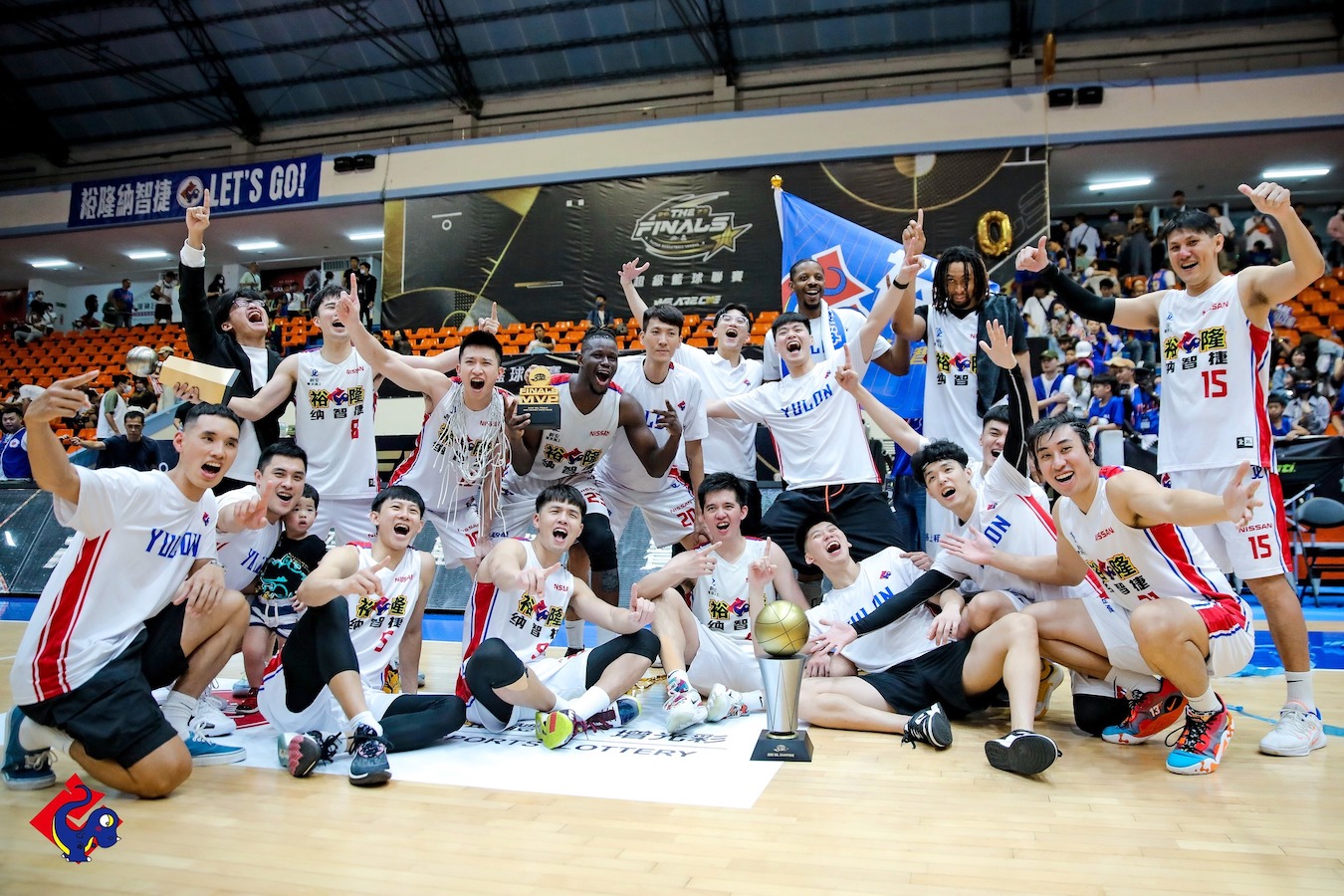by Brian Hioe
語言:
English
Photo Credit: Yulon Luxgen Dinos/Facebook
NINE PLAYERS from the Yulon Luxgen Dinos and one player from the Taiwan Beer Leopards have been lifetime banned from the game after a match-fixing scandal. In particular, the scandal stands to affect the credibility of the Super Basketball League (SBL) in a scandal that could affect the public credibility of the game going forward.
Yulon Luxgen Dino player Wu Chi-ying was questioned after police suspected that he could potentially be fixing matches in collaboration with criminal groups. It is to be seen if Wu or other SBL players potentially face jail time over the sentence. Individuals found guilty of fixing matches for betting are sentenced to between one and seven years in prison, as well as possibly a fine of between 10 and 30 million NT. If this takes place as an organized effort at match-fixing, penalties are increased to between three and ten years, and fines of between 20 to 50 million NT. The Changhua BLL, another team, as well as the Bank of Taiwan and Taiwan Beer, may also be investigated.
Such scandals have broken out within the world of Taiwanese sports more than once in past decades. This has particularly been the case with basketball, traditionally Taiwan’s most popular sport, with issues going back decades.
Famous incidents include the disbanding of the China Times Eagles in 1997, not long after the formation of the Chinese Professional Baseball League in 1993, after players were found to be fixing matches. The resulting scandal implicated players from a number of teams, including not only the China Times Eagles, but the Mercuries Tigers, and the Wei Chuan Dragons.
The response from authorities was to punish players and teams, though there has been criticism that this failed to target the root causes of the issue in terms of gangster influence. Specifically, it was not always the case that players engaged in match-fixing for personal financial gain, but because they had been threatened by gangsters, having been approached by gangsters once they had a certain level of success. Such gangsters could themselves enjoy ties to politicians.
Indeed, this continues the pattern of sports in Taiwan having a murky political record. Taking up a position in sporting associations was traditionally a sinecure position during the time of KMT authoritarianism. As such, corruption could extend to Taiwan’s participation in international sporting competitions. Consequently, officials have been found to have taken bribes, favored relatives or individuals close to them in choices for sporting competitions, awarded contracts to favored companies, or imposed expensive fees on athletes to participate in competitions. There are even reports of athletes being pressured into sleeping with sporting officials.
 Photo credit: Yulon Luxgen Dinos/Facebook
Photo credit: Yulon Luxgen Dinos/Facebook
As such, athletes have spoken up over being housed in substandard accommodations during travel, while officials have more luxurious accommodations. But athletes who have spoken up have reported punishment, such as being made to wear uncomfortable attire during competitions from corporate sponsors or being blocked from attending some competitions.
Most recently, the Taiwan Women’s Football Player Association (TWFPA) had its training program suddenly canceled because the responsible sporting body, the Chinese Taipei Football Association, did not submit training plans to the National Sports Training Center. This left the TWFPA, which is the union group representing female soccer players in Taiwan, in a lurch, seeing as there were still upcoming competitions that they were training for. Moreover, players reported not having received any of their appearance fees since the start of the year.
This perhaps only scratches the surface of issues regarding sports in Taiwan, then. Although issues regarding match-fixing are different, the same rooted issues are present. To this extent, it is probable that there are more likely to be attempts to pin blame on individual players rather than examine why such issues are so pervasive in Taiwanese society. After all, if match-fixing does involve influential politicians, they may act to protect the organized crime interests they are close to.
It is to be seen whether this becomes a hotbed political issue ahead of the elections, with athletes sometimes seeking to call for their rights to try and put these issues on the political agenda of society as a whole. Nevertheless, though there have been calls to take action against organized crime in recent times, there has not been as much discussion of issues in Taiwanese sports compared to previous years.

